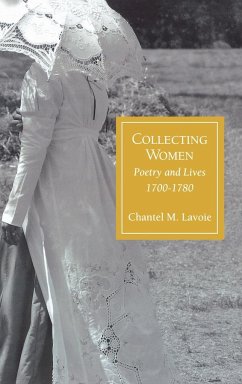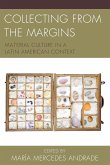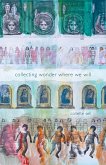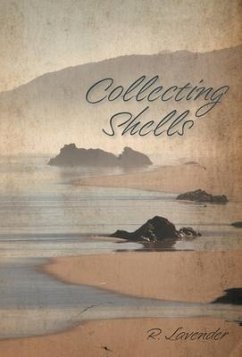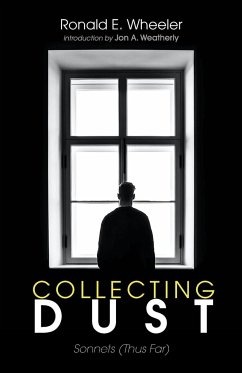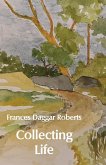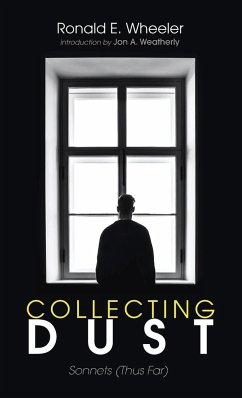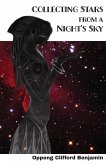This book addresses the place of women writers in anthologies and other literary collections in eighteenth-century England. It explores and contextualizes the ways in which two different kinds of printed material-poetic miscellanies and biographical collections-complemented one another in defining expectations about the woman writer. Far more than the single-authored text, it was the collection in one form or another that invested poems and their authors with authority. By attending to this fascinating cultural context, Chantel Lavoie explores how women poets were placed posthumously in the world of eighteenth-century English letters. Investigating the lives and works of four well-known poets-Katherine Philips, Aphra Behn, Anne Finch, and Elizabeth Rowe-Lavoie illuminates the ways in which celebrated women were collected alongside their poetry, the effect of collocation on individual reputations, and the intersection between bibliography and biography as female poets themselves became curiosities. In so doing, Collecting Women contributes to the understanding of the intersection of cultural history, canon formation, and literary collecting in eighteenth-century England.
Hinweis: Dieser Artikel kann nur an eine deutsche Lieferadresse ausgeliefert werden.
Hinweis: Dieser Artikel kann nur an eine deutsche Lieferadresse ausgeliefert werden.

